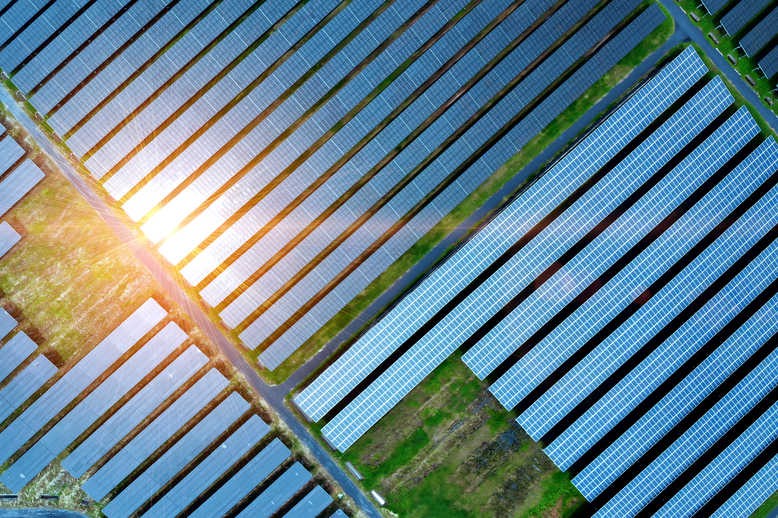Two of Asia’s biggest companies are looking to Australia to progress their renewable energy and clean manufacturing visions, pointing to the country’s natural resources and favourable policy landscape.
Gentari
Gentari is the newly-formed clean energy arm of Malaysian oil giant Petronas. In February, Gentari acquired Wirsol Energy’s portfolio of Australian solar and storage projects. Now, its CEO Sushil Purohit has said Australia and India will be its primary markets for growth in the near term.
Speaking to Reuters, Purohit said Gentari expects to tap into more finance to meet its aim of building a portfolio with 30 GW to 40 GW of renewable capacity by 2030. Australia, it seems, will be central to that vision, with Purohit citing the right policies to facilitate projects.
“In terms of expansion, we will seek to collaborate with companies in different markets. If there is a good strategic fit for us, we would look at that as an opportunity for us to buy into the company or acquire the company in totality,” Purohit said.
Gentari’s recent purchase of Wirsol’s Australian portfolio, understood to have been priced at just under $1 billion (USD 705 million), marks the company’s entry into the Australian renewable energy market.
It is not clear precisely how much more the company is seeking to invest in Australia, but Gentari’s parent company Petronas previously said it would allocate 20% of its overall capital expenditure for decarbonisation projects from 2023 to 2026. In 2022, Petronas’ planned capital expenditure was worth RM 60 billion ($20 billion).
Nippon Steel
Similarly, Japan’s Nippon Steel is reportedly exploring a project with a price tag of approximately $1.1 billion (JPY 100 billion) or more. Executive Vice President Takahiro Mori pointed to Australia and Brazil as possible sites.
Mori told BloombergNEF that both countries have high-grade iron ore and cheaper electricity than Japan.
The project would involve producing green steel using green hydrogen for its manufacturing process, currently the most progressed pathway towards decarbonising one of the world’s most polluting industries: steelmaking.
“We can’t avoid pathways toward carbon neutrality,” Mori said. “We are currently comparing several projects to see if there’s anything that meets the conditions for green-steel manufacturing or investment.”
In December 2022, Nippon rival Posco Group, a major South Korean steel producer, announced it would invest $60 billion in Australia by 2040 across the green steel supply chain, including in renewable generation, electrolysis and steel making processes.
In terms of investment allocation, Posco pledged $41.8 billion for hydrogen production, including renewable energy generation and electrolysis. The further $18 billion will go specifically towards green-steel manufacturing.
This content is protected by copyright and may not be reused. If you want to cooperate with us and would like to reuse some of our content, please contact: editors@pv-magazine.com.









By submitting this form you agree to pv magazine using your data for the purposes of publishing your comment.
Your personal data will only be disclosed or otherwise transmitted to third parties for the purposes of spam filtering or if this is necessary for technical maintenance of the website. Any other transfer to third parties will not take place unless this is justified on the basis of applicable data protection regulations or if pv magazine is legally obliged to do so.
You may revoke this consent at any time with effect for the future, in which case your personal data will be deleted immediately. Otherwise, your data will be deleted if pv magazine has processed your request or the purpose of data storage is fulfilled.
Further information on data privacy can be found in our Data Protection Policy.